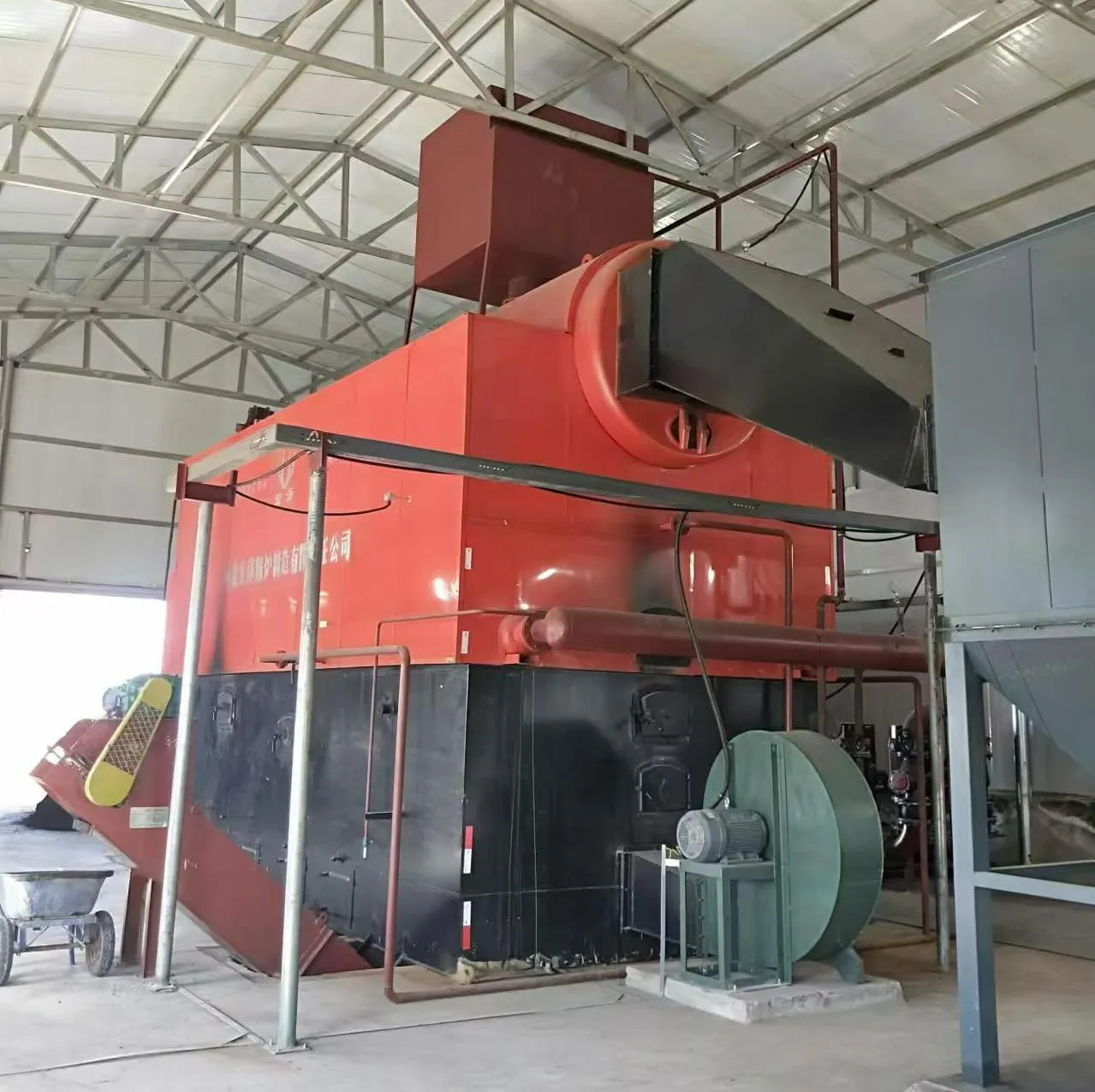
Nov . 25, 2024 07:26 Back to list
how does oil boiler heat water
How Does an Oil Boiler Heat Water?
Oil boilers play a crucial role in heating systems, especially in areas where natural gas is not readily available. These systems are designed to generate heat through the combustion of oil, which is then used to heat water. The heated water can be utilized for various domestic purposes, including space heating, hot water supply, and even in certain industrial applications. Understanding the mechanics behind oil boilers and how they heat water can be beneficial for homeowners looking to optimize their heating systems.
The Anatomy of an Oil Boiler
At its core, an oil boiler comprises several key components the burner, combustion chamber, heat exchanger, and circulation pump. Each part plays a significant role in the heating process. The burner is responsible for atomizing the oil and mixing it with air to create a combustible mixture. This mixture is then ignited in the combustion chamber, producing flames that generate heat.
The heat exchanger is another critical component. It is designed to capture the heat generated from burning oil and transfer it to the water circulating through the system. The circulation pump ensures that the heated water moves throughout the home, whether it is being sent to radiators or to the hot water storage tank.
The Heating Process
When the thermostat signals that the temperature inside the house has fallen below a set point, the oil boiler activates. Here's a step-by-step breakdown of the heating process
1. Oil Supply The system draws oil from a storage tank. The type of oil used can vary, with No. 2 heating oil being the most common choice for residential systems.
2. Combustion The burner atomizes the oil and mixes it with air. This mixture is ignited within the combustion chamber, creating a controlled flame. The combustion of oil releases energy in the form of heat.
3. Heat Transfer The heat produced by the burning oil is absorbed by the walls of the combustion chamber and transferred to the heat exchanger. The adjacent water flows through the heat exchanger, where it is heated by the transferred thermal energy.
how does oil boiler heat water

4. Circulation Once the water is heated to the desired temperature, the circulation pump allows it to flow through the home’s heating system. This can include radiators, underfloor heating, or even domestic hot water systems.
5. Return Cycle After circulating through the heating system, the cooled water returns to the boiler to be reheated. This cycle continues until the home reaches the desired temperature set by the thermostat.
Efficiency Considerations
The efficiency of an oil boiler in heating water can depend on several factors, including the quality of the oil, the condition of the boiler, and the design of the heating system. Regular maintenance is essential to ensure that the burner and heat exchanger function optimally. A well-maintained oil boiler can achieve efficiency ratings of 85% to 95%, which is quite competitive when compared to other types of heating systems.
Moreover, modern oil boilers often come equipped with advanced technology that enhances efficiency. Features such as programmable thermostats, outdoor reset controls, and better insulation of the combustion chamber can all contribute to improved performance and reduced fuel consumption.
Environmental Considerations
While oil boilers offer reliable heating solutions, it is important to consider their environmental impact. The combustion of oil leads to the release of carbon dioxide and other pollutants. However, advancements in technology, such as low-sulfur heating oils and improved burner designs, have contributed to reduced emissions in newer models.
Conclusion
In summary, oil boilers heat water through a well-orchestrated process of combustion and heat transfer. By understanding how these systems work, homeowners can make informed decisions regarding their heating needs, as well as maintain their systems for optimal efficiency. As energy efficiency technologies and alternative heating options continue to evolve, the role of oil boilers in residential heating will adapt, creating opportunities for more sustainable heating solutions in the future.
-
High-Efficiency Commercial Oil Fired Steam Boiler for Industry
NewsJul.30,2025
-
High-Efficiency Biomass Fired Thermal Oil Boiler Solutions
NewsJul.30,2025
-
High Efficiency Gas Fired Thermal Oil Boiler for Industrial Heating
NewsJul.29,2025
-
High-Efficiency Gas Fired Hot Water Boiler for Sale – Reliable & Affordable
NewsJul.29,2025
-
High Efficiency Biomass Fired Hot Water Boiler for Industrial and Commercial Use
NewsJul.29,2025
-
High-Efficiency Biomass Fired Hot Water Boiler for Industrial Use
NewsJul.28,2025
Related PRODUCTS






















